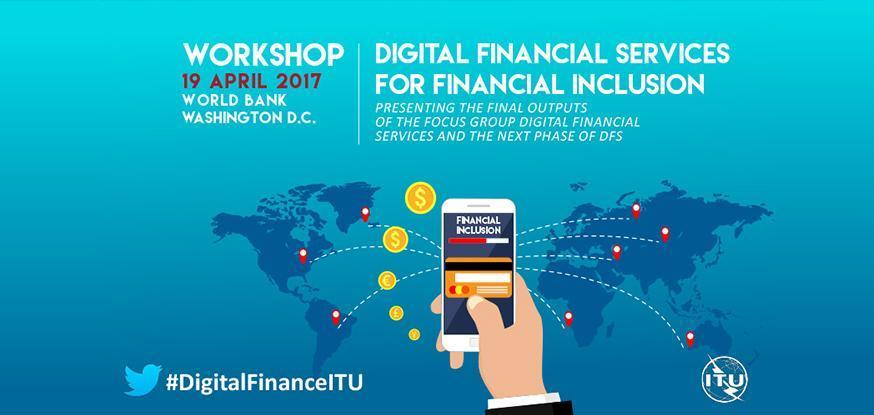The ITU concluded its two years of research work on Digital Financial Services (DFS) - and has subsequently published 85 policy recommendations and 28 supporting thematic reports. Sixty organizations from over thirty countries collaborated with the ITU Focus Group in an effort to drive greater financial inclusion for the estimated 2 billion people around the world who remain unbanked.
The Focus Group's report has been hailed as a huge success, and ITU Secretary General, Houlin Zhao said that the strategic aim of the group was to develop a comprehensive set of practical guidelines from experts across both the financial and telecommunication/ICT sectors. Mr. Zhao said, "Governments around the world face many similar challenges in their efforts to deliver fully integrated digital financial services. Until now solutions have largely been developed in isolation. This is the first time an organization has sought to develop a comprehensive set of practical and integrated guidelines drawing on expertise from across the financial service and telecommunication/ICT sectors."
In addition to this, the ITU Secretary General suggested that by reviewing and assessing the international best practices we have developed a practical toolkit that can be adapted to local needs. He added, "We hope it will help drive greater access and opportunity through the delivery of more affordable, accessible, secure, transparent and robust digital financial services for consumers and merchants in emerging markets."
Chairman of ITU's Focus Group, Sacha Polverini, declared that he was now exploring the opportunity to implement a new global initiative which they hope to be able to announce in April 2017.
Mr. Polverini said, "While the work of the Focus Group is complete, we now need to move from theory to implementation. The work we have done has resulted in a set of very operational policy recommendations. Their value will be dependent on their systematic application in markets that need guidance and support. We are now reviewing the opportunity to progress a new global initiative which we hope to announce in April 2017".
The 85 policy recommendations have offered guidance in a diverse range of areas including digital liquidity, consumer protection, DFS usage, data privacy, digital identity and e-(KYC). Some of the core suggestions outlined in the report include the following.
- Policymakers and regulators should support the growth of an open ecosystem for DFS that promotes innovation and ensures robust competition.
- Regulators should standardize definitions of fraud types and require standardized, electronic and timely fraud reporting from providers.
- Access criteria for interoperability schemes should be clear, objective, publicly disclosed and allow new participants, banks and authorized/regulated non-banks to join.
- Policymakers should promote initiatives and incentives that encourage merchants and other payments acceptors (Example - utilities, farmers, government entities) to accept electronic payments.
- Regulators should standardize digital identity registration, and ensure interoperability between DFS operators and service providers relying on digital identity.
- DFS operators should build in customer privacy measures, compliant with current or anticipated national legislation.


















